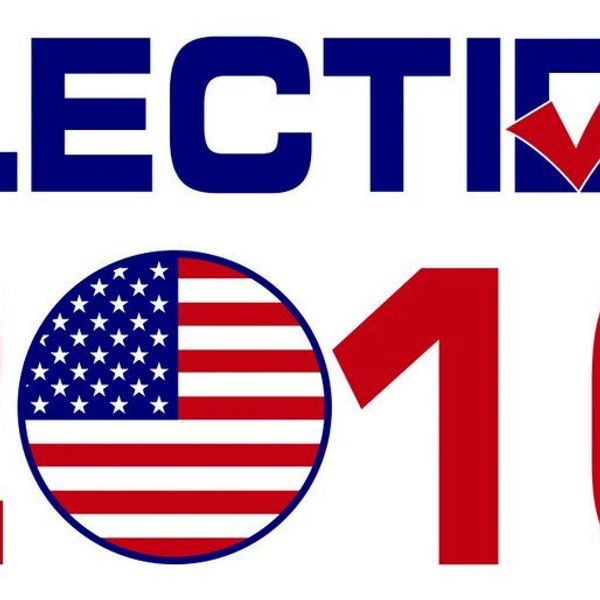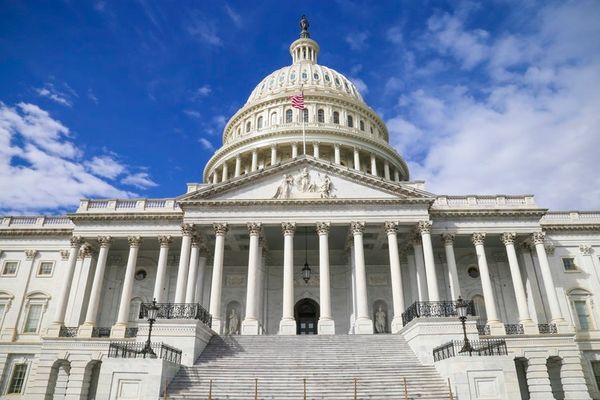There’s been a lot of hubbub these past couple weeks over the Republican and Democratic National Conventions, and understandably so. It’s like a weird political smorgasbord with something for everyone, be it explicit homophobia or general establishment disgruntlement. Bernie-or-bust and bathroom laws have been on everyone’s lips, and as I went through the past week absorbing it all, I had a thought about the American party system – both sides seem to be building to an endgame.
I’m not talking about Trump’s transformation (destruction?) of the Republican party, or the oft-mentioned liberal machine that supposedly carried Hillary Clinton past Jail and directly to Go to collect her candidacy and two hundred dollars. This isn’t a rant about demagogues and dictators. It’s just a realization I had about the supporters of these two parties and the ideals they hypothetically stand for.
At first I just saw it on the Republican end. By the time they’d set up for the first of the two conventions, I was already braced for the surefire stream of controversy and craziness it would bring. As the wall-building, gay-discriminating, Muslim-restricting rhetoric poured in, I kept thinking about this idea of ‘making America great again.’
A lot has been said about the phrase recently by anti-Trumpers, highlighting its vague and white-nationalist sentiment. But consider for a minute the repercussions of the slogan if it were a real promise that were actually carried out. What would that look like? From what I keep hearing, it looks like a primarily white, straight, Christian state, with all of those factors enforced directly or indirectly via federal decree. We close our borders to those who aren’t “American” enough, and we legislate according to a fairly theocratic code of morals.
But if that’s the goal, what does that leave us? The plan, ostensibly, seems to be getting rid of or silencing those who disagree with the status quo, such that the controversy ceases to be controversial. In other words, build a country that no longer requires political discourse, or parties for that matter, because the only thing anyone has to say is “uh huh.” Through this lens, the Republicans’ game is an endgame, by which democracy is done away with via lack of necessity.
All this only stoked my gung-ho liberalism going into the Democratic National Convention, until I read a Vox article entitled “The smug style in American liberalism.” It’s a piece from this April by Emmett Rensin, which you can read here if you wish. I don’t agree with everything Rensin has to say, but the core of his argument is that many American liberals thrive off of being “in the know.” In other words, they don’t see themselves as having more correct opinions, but rather as knowing the truth. Those who disagree aren’t seen as wrong, but rather as uninformed. And that way of thinking has a way of making any opponent seem illegitimate.
Speaking out against Donald’s Trump’s more extreme policies isn’t a bad thing, but when that kind of disgust extends to a whole sect of American voters there’s a problem, and I know I’m guilty of it. If we lump all conservative voices under the one supposed roof of uninformed backwards thinking, a huge portion of our fellow citizens becomes a problem that needs to be solved. Suddenly, once again, I see the quest for an endgame – a world where the correct information is finally understood by everyone, and the left becomes the spectrum. Parties are no longer necessary because everybody believes the same things – the right things – and we’ve reached utopia.
But that world isn't any healthier than Trump's, even if you find his positions reprehensible. The point of American democracy is that we don’t all agree, but we can all be heard. And while that is never perfect, I fear our two party system is trying to silence our voices from both sides. We are so culturally obsessed with finding the “right answer” that we’ve built a system where the endgame is to find it. Maybe if we let go of that mentality, and listened a little more to the other sides, we’d recognize the fallacy of narrowing our perspectives rather than expanding them.





















